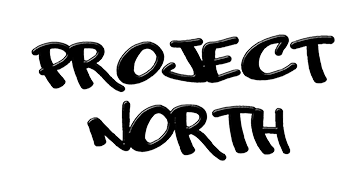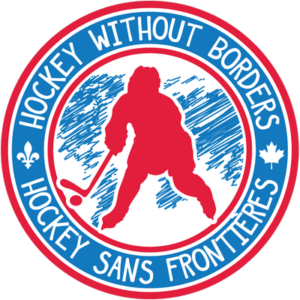First Assist charity
What we do
By using sport as a motivational tool to promote attendance, increase classroom engagement and promote healthy habits for life, we help Indigenous students – especially those hardest to reach – find success in school.
Programing
First Assist’s programming uses sports to advance educational outcomes for Indigenous youth.
School attendance and high school graduation rates are significantly lower in Indigenous communities compared to the national average. First Assist’s main objective is to work jointly with the local school and teachers to implement our program with the aim of developing successful students. To accomplish this, we integrate strategies to solve common school-related problems in Indigenous communities, which include:
Higher absenteeism and dropout percentages compared to the rest of Canada
Lower rate of high school graduates and participation in secondary education
Distracted and/or disengaged students in the classroom, connected to behavioral problems
Increased school attendance encourages class participation and decreases the dropout rate.
Success of the program is measured by increased school attendance, participation, and graduation rates.
- Graduation rate of an Indigenous school* 17%
- Graduation rate of an Indigenous school* with full sports program 85%
* This example is referring to the full sports program integration in the Cree Nation of Eastmain. They had a graduation rate increase over six years from 17% to over 85%.
This is the increase we strive for in each of our partner communities.
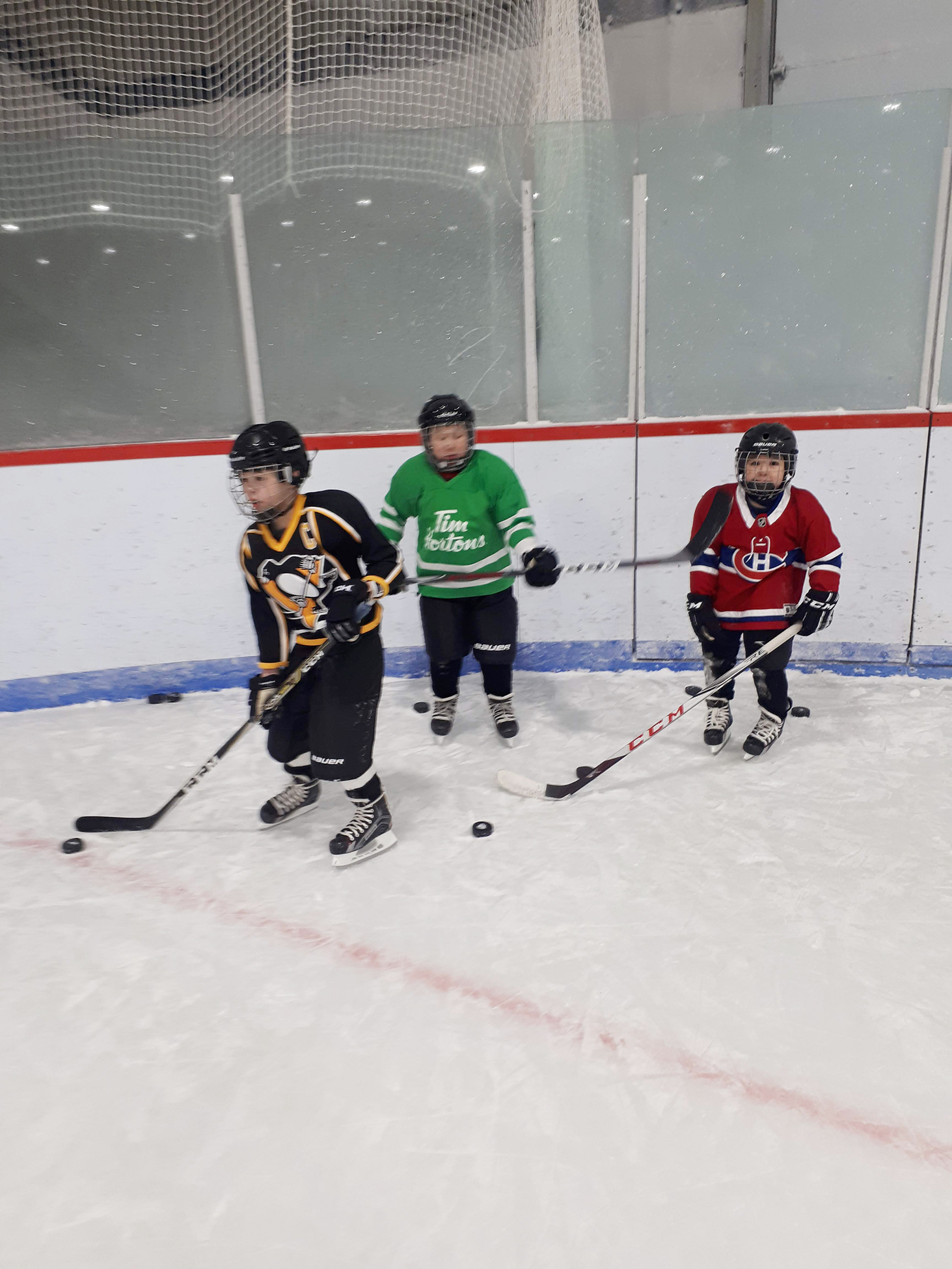
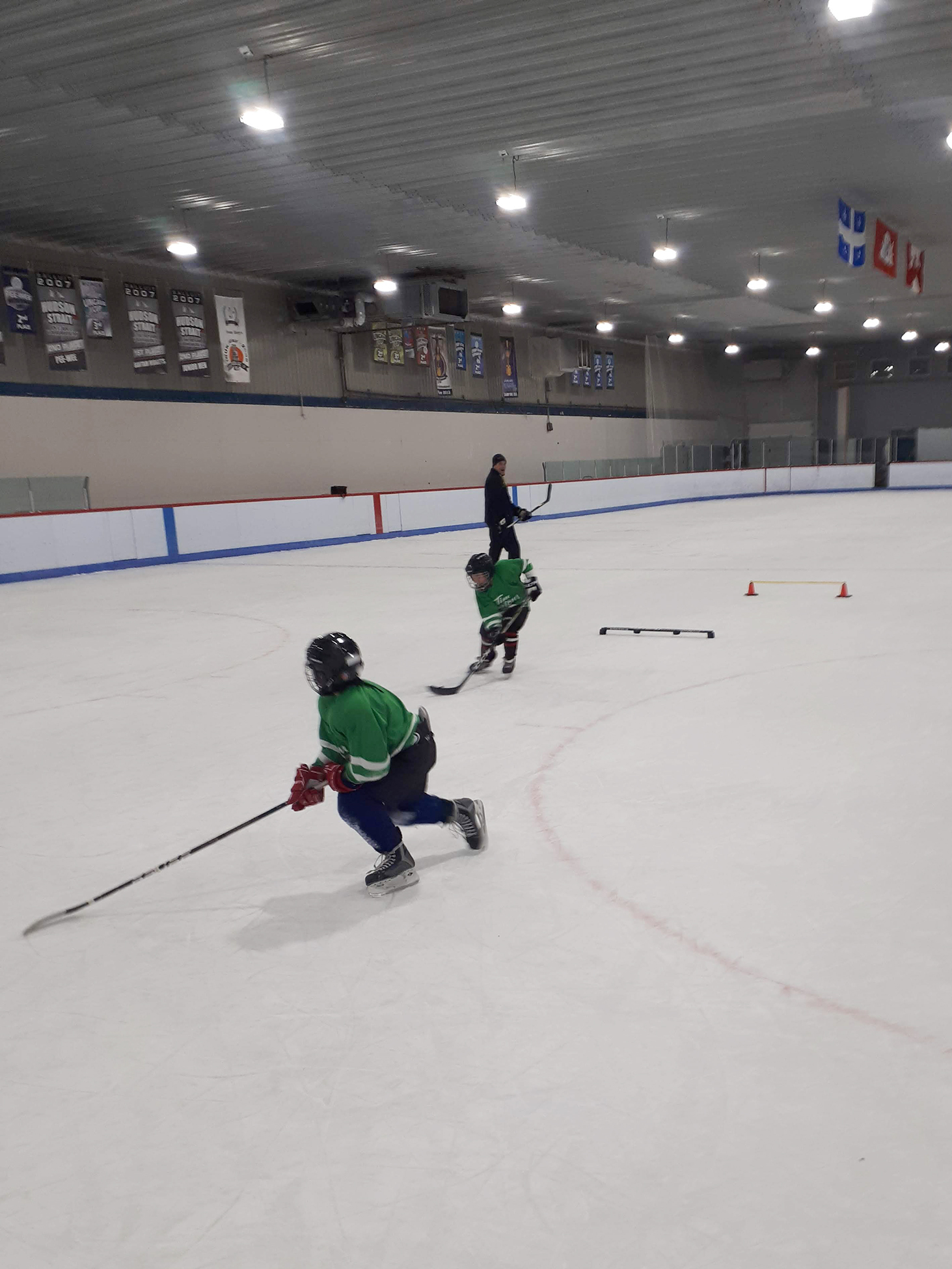
First Assist programming can also enhance the local school environment by integrating structured sports programs. Sports contribute to youth’s physical, psychological, and emotional well-being, and they also play a significant role in healthy social development and interaction. Our team focuses on using sport as a tool to help students learn how to set and achieve goals through discipline and hard work. Youth that are actively engaged in sports improve their decision-making while also managing to deal with losing and winning. These skills are transferable from sport to the classroom.
Partner Communities
We implement our program based on a community’s needs.
We consult with local community members and entities to identify issues impacting the community. We invite community members to work in partnership with our instructors to further support and encourage the youth to reach their goals in school and sport. We work with and rely on local community members and educators to develop school attendance monitoring and supports that are required to advance educational achievement in local schools.
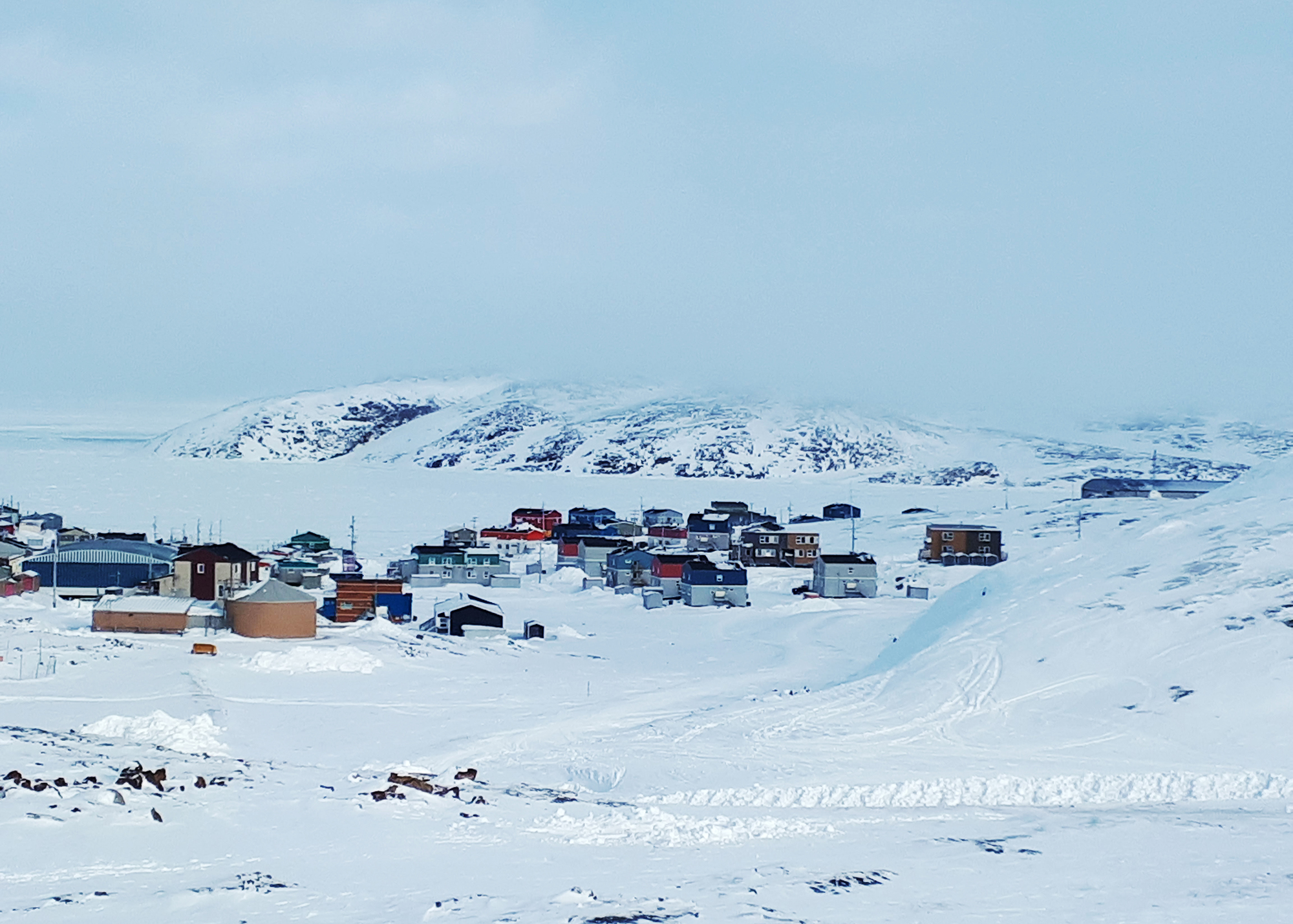
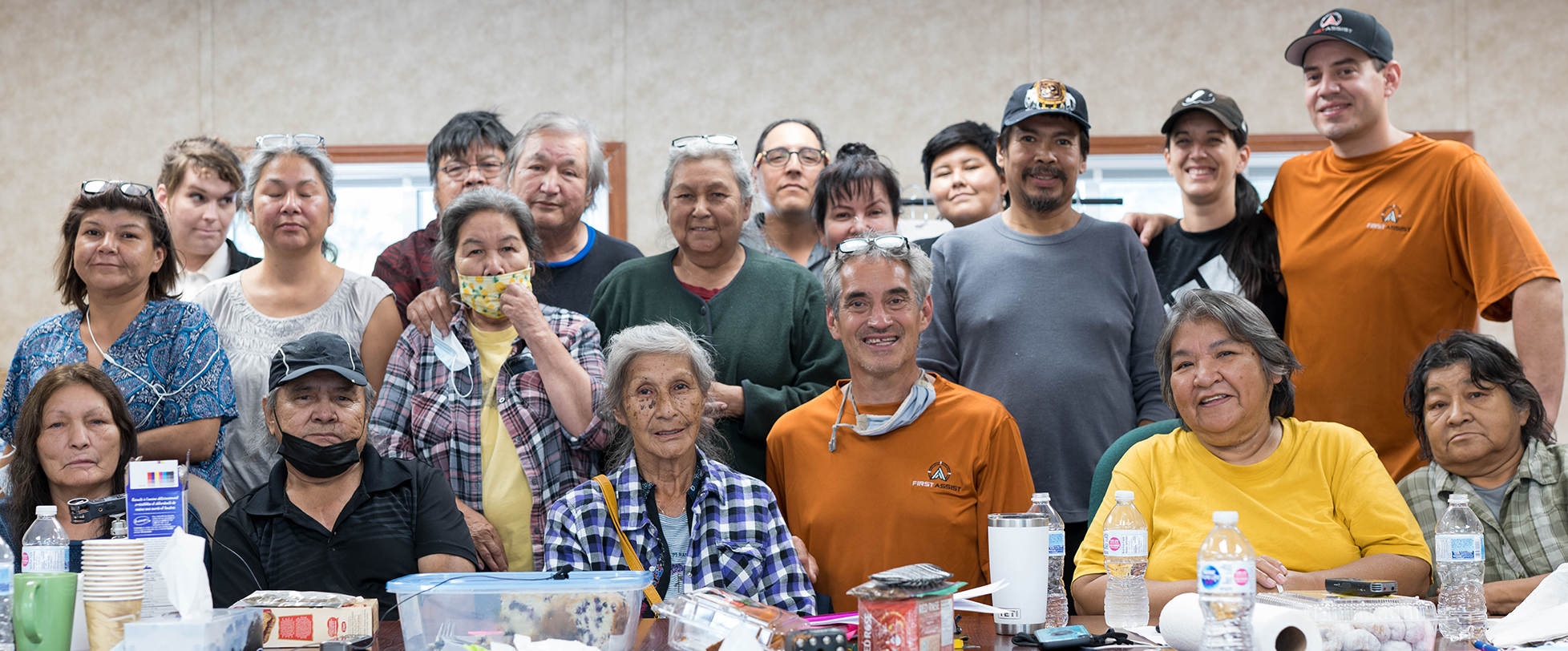
The following map illustrates aloof the places that First Assist has relationships with, through past sports development work and/or education programming. We are now working to build on these relationships with sustained, year after year programming that further integrates our educational goals into our sports development work.
First Assist Community Partners
Eastmain, Quebec
Ouje Bougoumou, Quebec
Nemaska, Quebec
Waswanipi, Quebec
Chisasibi, Quebec
Hamlet of Deline, NWT
Pelly Crossing (Selkirk FN), Yukon
Chesterfield Inlet, Nunavut
Peguis FN, Manitoba
Moose Factory FN, Ontario
Quaqtaq, Nunavik
Kawacatoose FN, Saskatchewan
Rapid Lake FN, Qc
Lennox Island FN, PEI
La Ronge FN, Saskatchewan
Aupaluk, Nunavik
Ulukhaktok, NWT
Coral Harbour, Nunavut
Enoch Cree Nation, Alberta
Lac Brochet FN, Manitoba
Tuktoyaktuk, NWT
Slate Falls FN, Ontario
PUV, Nunavut
Whale Cove, Nunavut
Tr’ondek Hwëch’in FN, Dawson City, Yukon
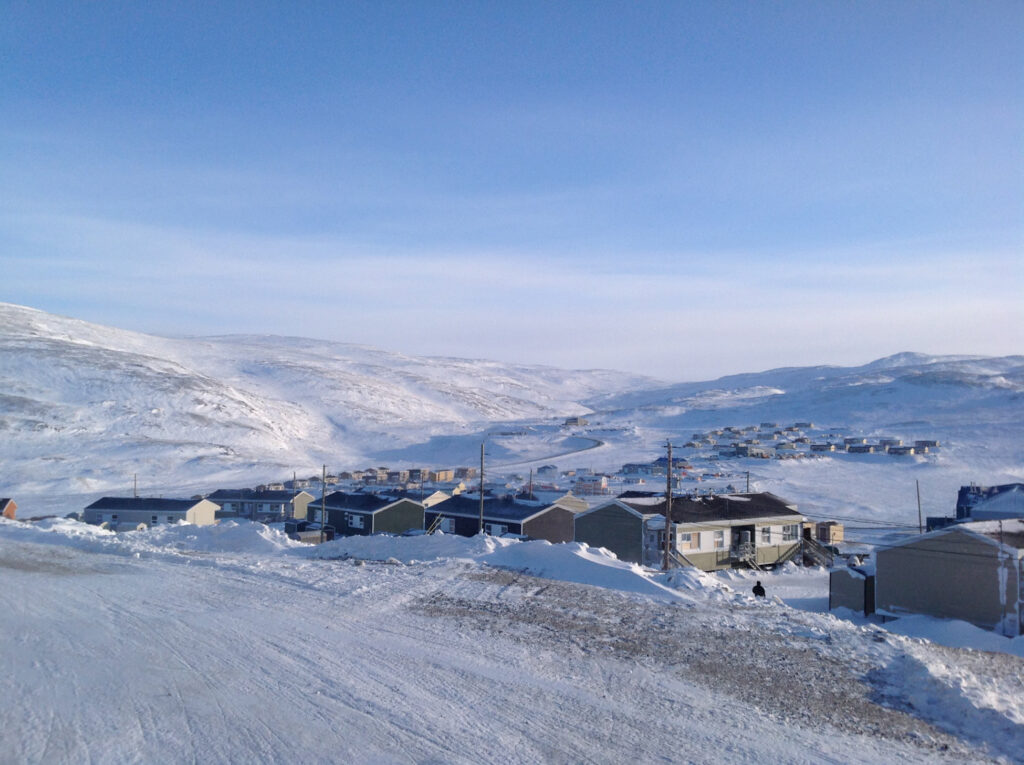
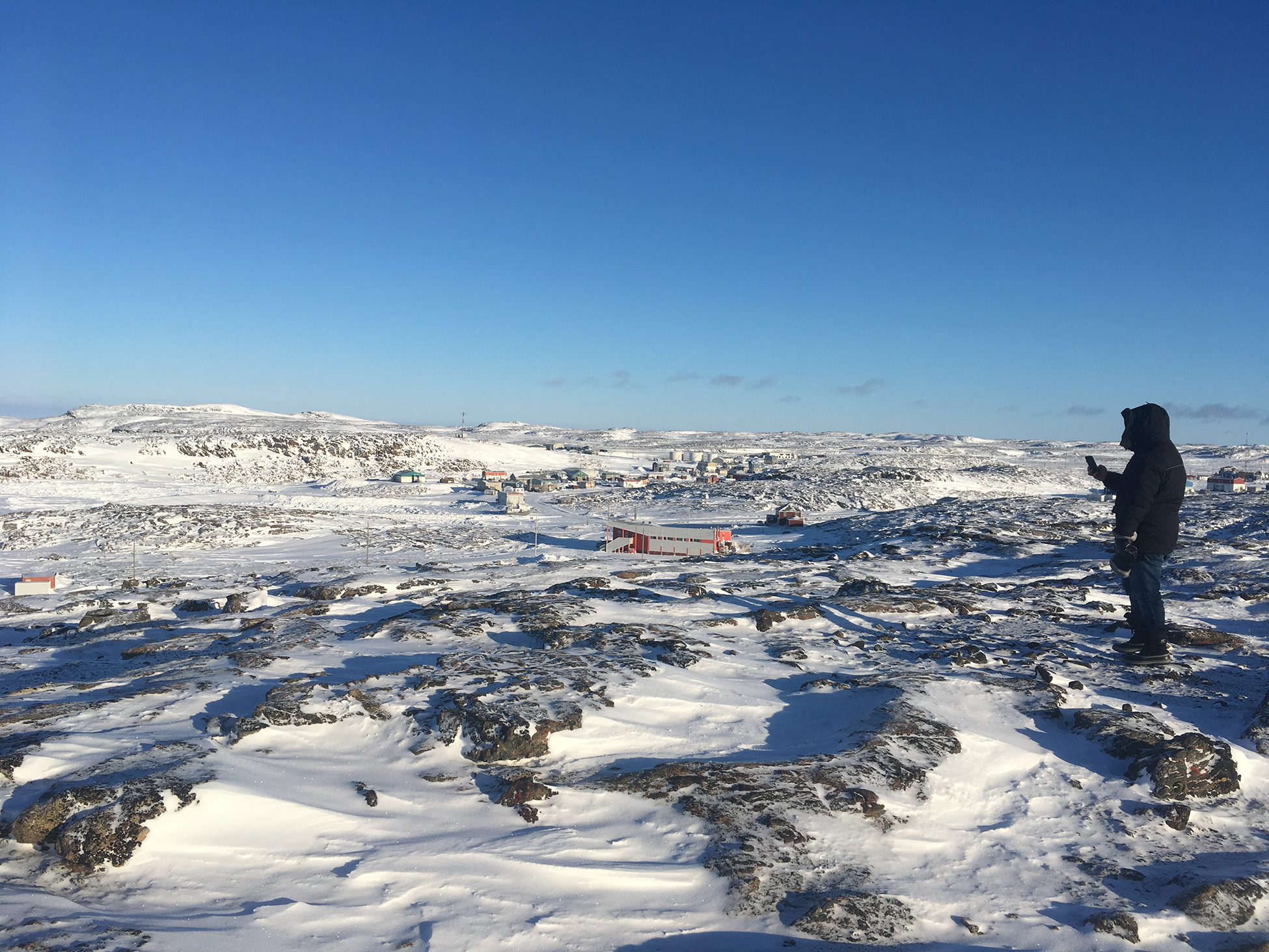
Interested in becoming a host community?
Coaches
Our sports coaches and educators run sports programming based on positive environment principles (PEP) that promote healthy lifestyles and mental well-being in Indigenous reserve communities.
We also comply with the Indigenous Long-Term Participant Development Pathway, advocated by Sport for Life as a “roadmap for developing sport and physical activity among Indigenous peoples.”
In partnership with Hockey Without Borders / Hockey Sans Frontieres, First Assist recruits coaches to live and work in our partner communities, to run sports development programs for youth while collaborating with the community to promote educational advancement. Hockey Without Borders / Hockey Sans Frontieres provides coaches the tools and training, while First Assist provides in-community support and community collaboration.
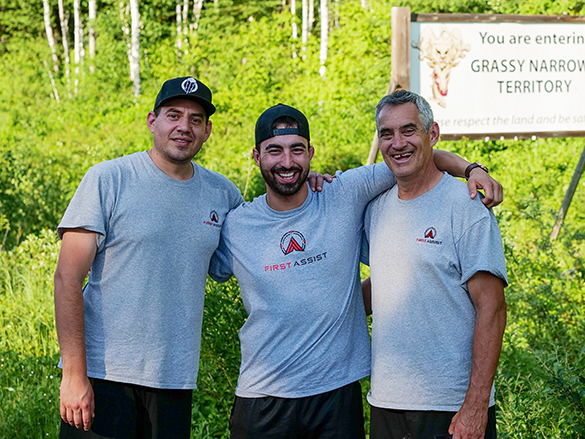
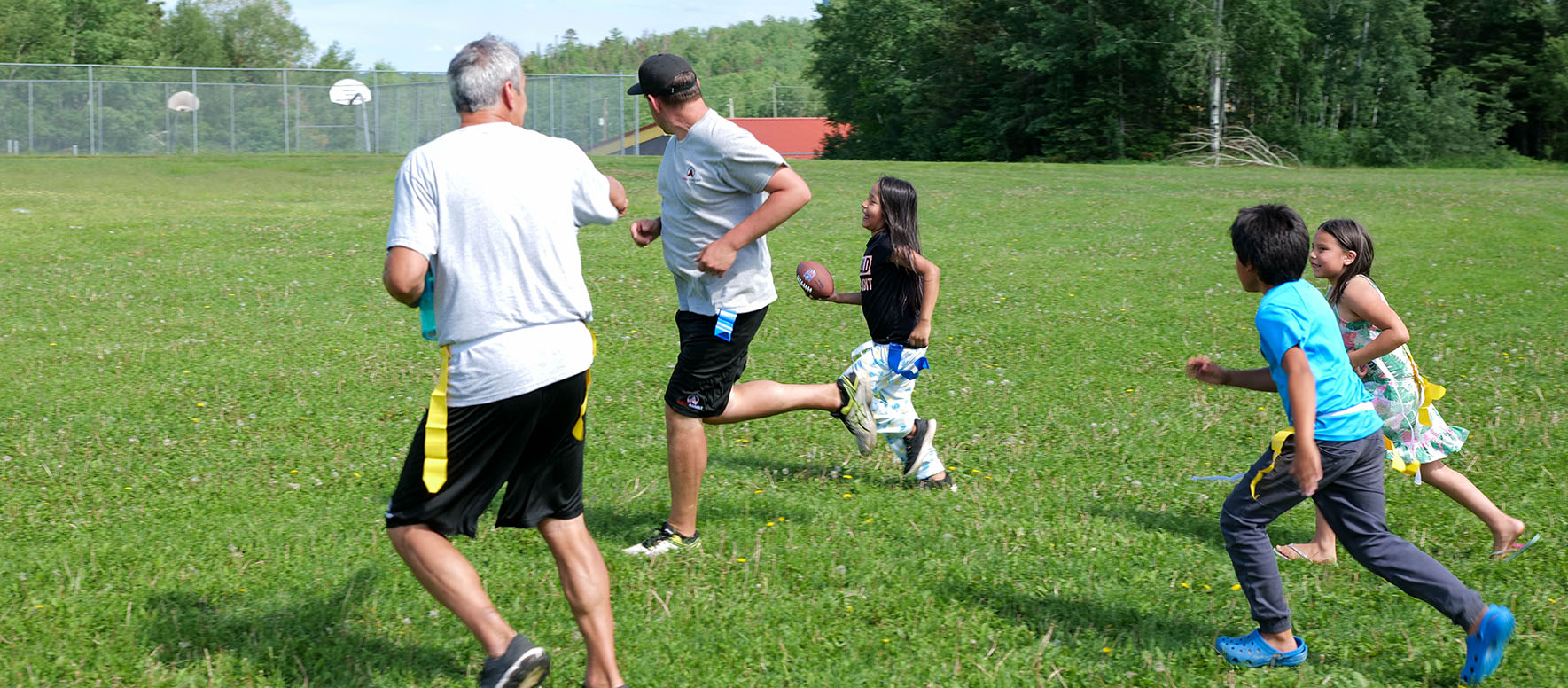
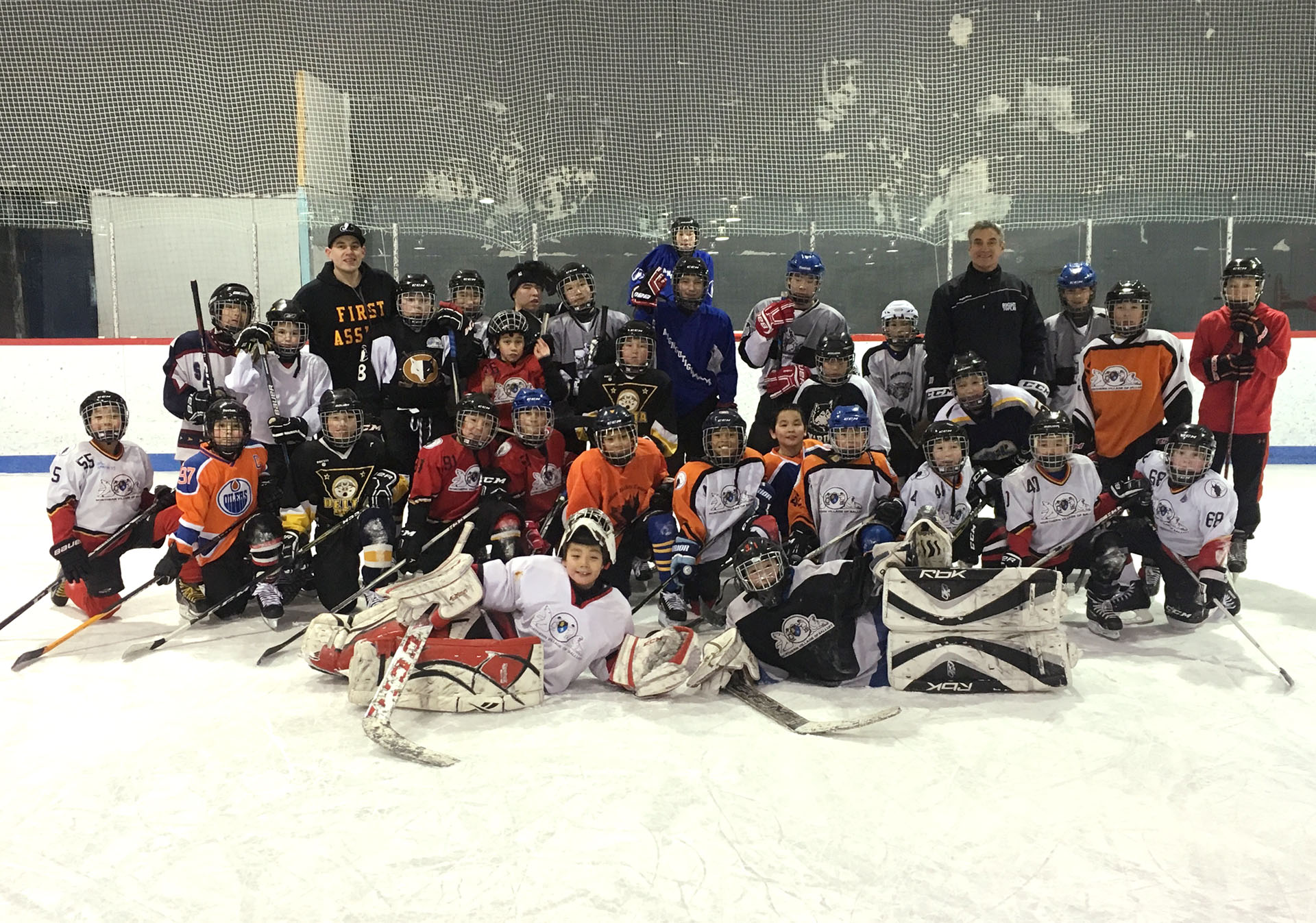
Interested in more?
Check out Hockey Without Borders / Hockey Sans Frontieres and their recruitment process here:
Virtual
During the pandemic, our in-community work largely stopped, and, like the rest of the world, we pivoted to the internet.
We developed a range of virtual learning experiences facilitated by former professional athletes for use in remote classrooms, building on topics we focus on while in community: healthy lifestyles, educational success, mental health, nutrition, dealing with bullying, building life skills and a range of other topics.
These experiences were highly interactive and well received in 2021 and early 2022. They remain available upon request, and to be integrated with our in-person programming.
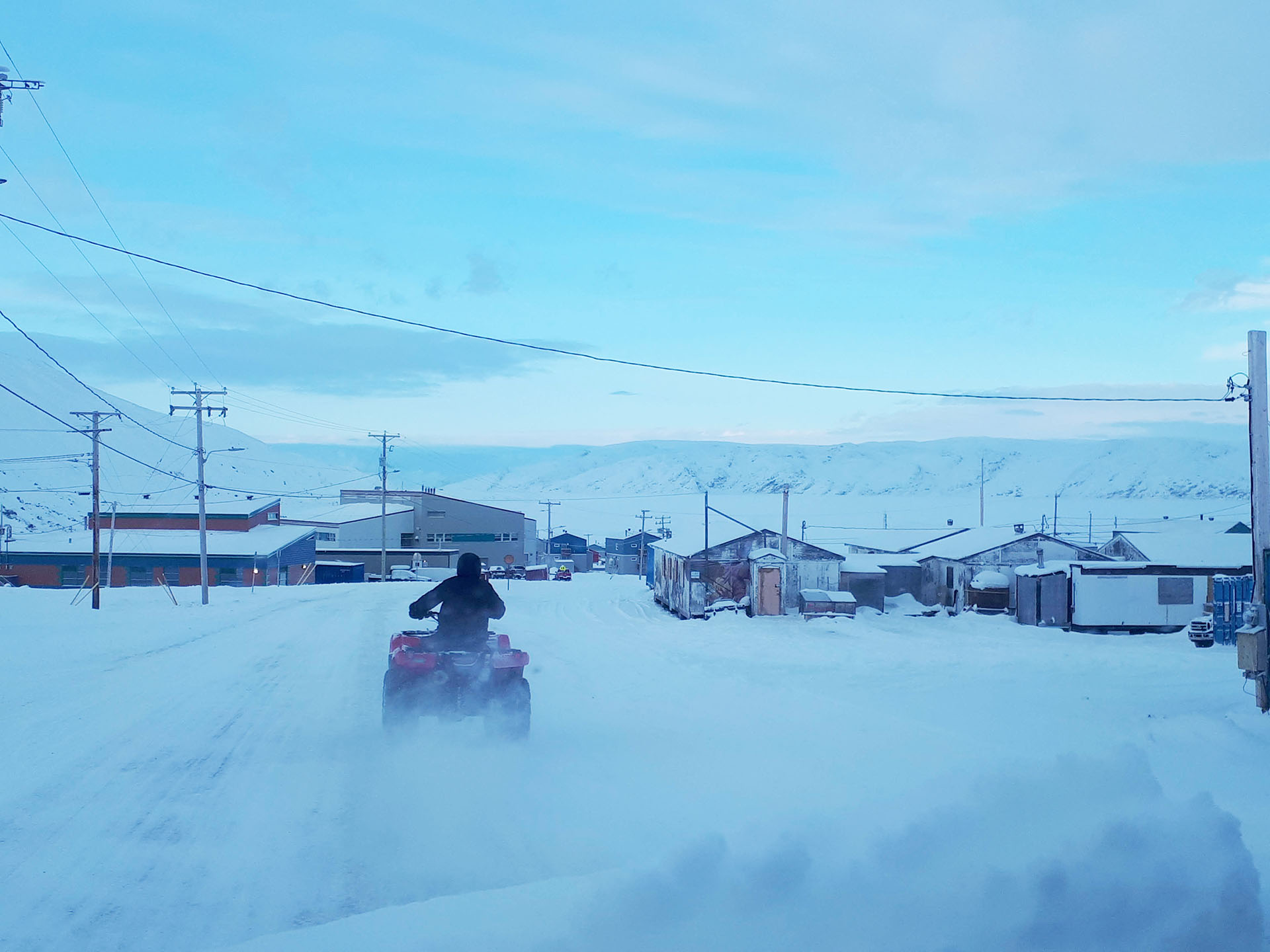
Partner Organizations
First Assist has built strong relationships with Project North and Hockey Without Borders.

